I use webpack to bundle my application to bundle.gzip using the compress plugin.
new CompressionPlugin({
asset: '[path].gz[query]',
algorithm: 'gzip',
test: /\.js$|\.css$|\.html$/,
threshold: 10240,
minRatio: 0.8,
}),
And then I have an express server that serves the everything web pack has bundled and I add content-encoding to the response.
const path = require('path')
const express = require('express')
const app = express()
const server = require('http').createServer(app)
app.get('*.js', (req, res, next) => {
req.url = `${req.url}.gz`
res.set('Content-Encoding', 'gzip')
next()
})
app.use(express.static(path.resolve(__dirname, 'dist')))
app.get('*', (req, res) => {
res.sendFile(path.join(__dirname, 'dist/index.html'))
})
// eslint-disable-next-line
console.log("Server listening on port 8500")
server.listen(8500)
This works well in every browser except for firefox which when I open the console see this.
What could the problem be I think the problem has something to do with the content-encoding
